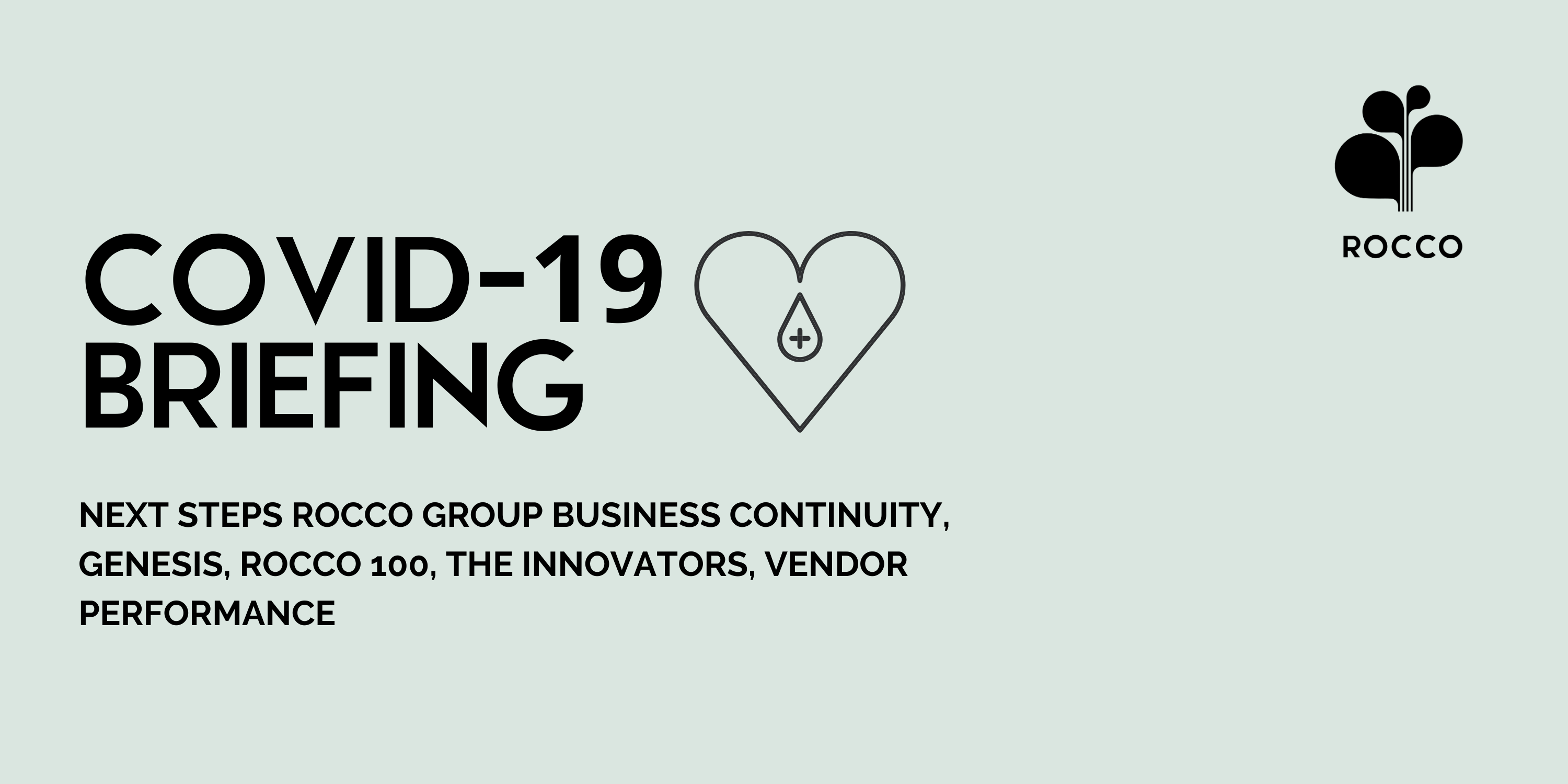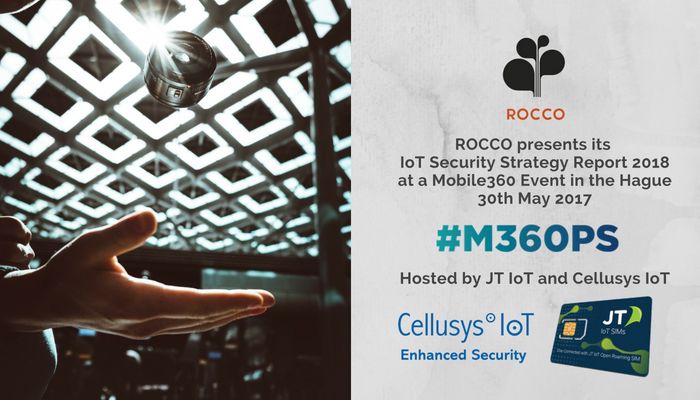 WHAT IS BLOCKCHAIN?
WHAT IS BLOCKCHAIN?
An article by Polina Hristova for ROCCO
There are two types of people:
1: “Blockchain? Blockchain… what was that? Sounds familiar… think I’ve read about it somewhere, but I can’t tell you what it is.”
2: “OH, blockchain, of course. It’s undeniably genius, pure brilliance, it’s the new Internet! Have you read that Silk Road book?”
I’ll tell you what it is: it’s the newest, fanciest buzzword anywhere. The only way to determine just how tech a tech startup is, is to dig into their blog section (because what kind of a tech company wouldn’t at least mention it) or if you happen to visit the office, save those experience points and level up your eavesdropping to 200.
Now, pushing the snark aside—just how much anyone knows about blockchain means absolutely nothing because everything said will be probably overwhelmingly positive. All the praise and positivity naturally repel any hardened, experienced sceptic, so the urge to say this prevails:
After you take out all the mining and the decentralization part of blockchain—which is exactly what many corporations want to do—it will become a plain old SQL database.
But let’s not get ahead of ourselves and answer a few basic questions first.
Seriously though—what is blockchain?
It’s a global, decentralized database of mostly cryptocurrency transactions, but it can contain anything of value. It’s like a diary that anyone on the Internet can read. It was originally devised for the accounting of Bitcoin, which has a bad reputation due to criminal activities, but blockchain has apparently turned into a big, delicious pie of many flavours and everyone wants a piece. Talking about pies is not a lot of fun, so I won’t keep you long.
The great thing about blockchain is that the information is distributed among millions of computers simultaneously, so no one can hack it or corrupt it. Sounds sweet, doesn’t it? Well, nothing is perfect and here’s the problem: this whole global ledger system is just a constant duplication process. And? Well, storage becomes an issue. All that data has to be downloaded if you want to use a locally stored wallet—it might take days and hundreds of GB.
There is the option of online wallets but those depend on servers which require trust from the client’s part. Servers are a lot more vulnerable to attacks but more efficient, and this is where the users divide.
Blockchain acts on a “trust no one” principle and thus, eliminates the need for a third party, resolving the instances of human error which makes it a peer-to-peer system. That’s the essence of blockchain. Everyone has the exact same information about any transaction conducted ever, preventing any falsifications or corruptions.
So it’s completely safe to use?
No—there’s the risk of a 51% attack. If someone controls more than half of the computing power used for mining (the process of verifying every transaction, adding it to a block and solving a puzzle which rewards you with more bitcoins) then they will possess the power to modify the financial history and indulge in “double spending”. Those who add new blocks are called miners and they can receive 12.5 bitcoins after completing a new block—roughly $30,000.
However, such an attack remains hypothetical… unlikely but not impossible, considering the top 4 mining pools control more than 50% of the network’s hashrate (computing power) and are located in China.
Another one of blockchain’s key characteristics is its transparency—it’s open, so everyone sees everything. If you make a small transaction, like paying back a friend for that dinner you had last night, they will be able to see how much money you have, as well as your past and future transactions. The lack of anonymity would be a problem for many businesses.
How can it be used in the telecom industry?
It can reduce fraud-related losses and minimise the expenses on fraud detection applications. Operators with a roaming agreement could create their own blockchain which would record and reveal every single transaction, simplifying billing issues and authorization. The middleman will be removed and potential operational costs will be saved.
Also, roaming fraud will significantly decrease and ID management will improve through the use of smart contracts (contracts that can be programmed to execute when certain conditions are met).
Blockchain’s functions could be also successfully applied to 5G and IoT connectivity: sharing of local connectivity, instant billing through smart contracts, high security for IoT devices, low-cost SME opportunities, etc.
While the possibilities conceived in our theories and imagination are truly endless, the blockchain system would need to undergo heavy modifications which might consequently destroy its core value. Big companies with ambitious plans have long set experiments into motion – it won’t be long before we see how far blockchain can go.
If you snooze, you lose. Thanks for reading here on our website or listening to the airwaves through ROCCO RADIO on iTunes or Soundcloud









